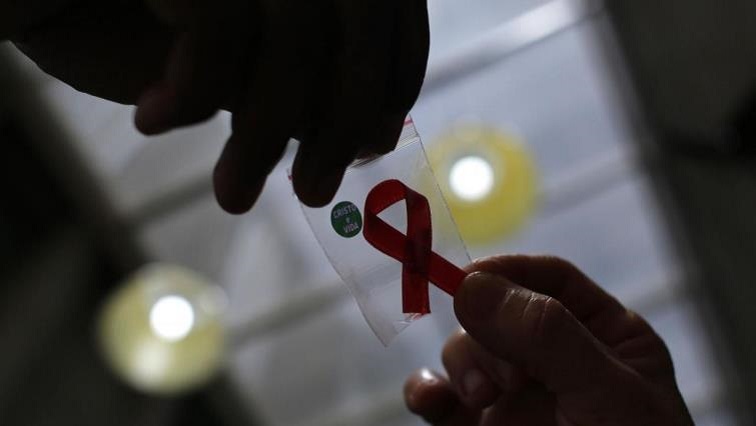People living with HIV can now use treatment for a shorter period to prevent them from getting Tuberculosis (TB).
These are the results of a new study conducted by the Aurum Institute, which were presented at the Conference on Retroviruses and Opportunistic Infections in Boston in the US.
Previously, HIV positive people could receive treatment for three months repeated every year.
However, the study has found that treatment is as effective even if it is administered just for the first three months.
The trial involved over 4 000 HIV positive people on antiretroviral treatment in South Africa, Mozambique and Ethiopia.
People living with HIV are at a high risk of developing TB, and are 20 to 37 times more likely to move from latent infection to active TB.
Aurum Institute CEO Professor Gavin Churchyard says, “The treatment completion with a shorter regimen was far better than with a longer regimen.
So that’s good to know because often patients stop taking their treatment because they are not feeling sick and they don’t feel the need to take the treatment.”
“So, that’s good news for both patients and programmes that they only need to worry about taking the treatment once and it provides more durable protection,” adds Churchyard.
Subscribe to our Youtube Channel:

